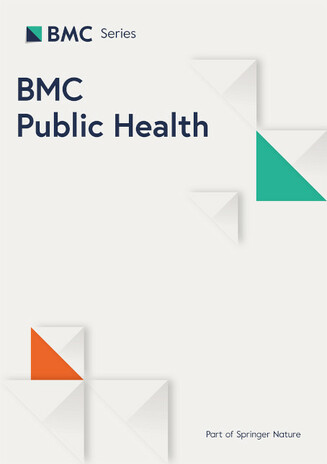ATTITUDES, BEHAVIOURS AND BARRIERS TO PUBLIC HEALTH MEASURES FOR COVID-19: A SURVEY TO INFORM PUBLIC HEALTH MESSAGING
ABSTRACT
BackgroundPublic support of public health measures including physical distancing, masking, staying home while sick, avoiding crowded indoor spaces and contact tracing/exposure notification applications remains critical for reducing spread of COVID-19. The aim of our work was to understand current behaviours and attitudes towards public health measures as well as barriers individuals face in following public health measures. We also sought to identify attitudes persons have regarding a COVID-19 vaccine and reasons why they may not accept a vaccine.MethodsA cross-sectional online survey was conducted in August 2020, in Alberta, Canada in persons 18years and older. This survey evaluated current behaviours, barriers and attitudes towards public health measures and a COVID-19 vaccine. Cluster analysis was used to identify key patterns that summarize data variations among observations.ResultsOf the 60 total respondents, the majority of persons were always or often physically distancing (73%), masking (65%) and staying home while sick (67%). Bars/pubs/lounges or nightclubs were visited rarely or never by 63% of respondents. Persons identified staying home while sick to provide the highest benefit (83%) in reducing spread of COVID-19. There were a large proportion of persons who had not downloaded or used a contact tracing/exposure notification app (77%) and who would not receive a COVID-19 vaccine when available (20%) or were unsure (12%). Reporting health authorities as most trusted sources of health information was associated with greater percentage of potential uptake of vaccine but not related to contact tracing app download and use. Individuals with lower concern of getting and spreading COVID-19 showed the least uptake of public health measures except for avoiding public places such as bars. Lower concern regarding COVID-19 was also associated with more negative responses to taking a potential COVID-19 vaccine.ConclusionThese results suggest informational frames and themes focusing on individual risks, highlighting concern for COVID-19 and targeting improving trust for health authorities may be most effective in increasing public health measures. With the ultimate goal of preventing spread of COVID-19, understanding persons' attitudes towards both public health measures and a COVID-19 vaccine remains critical to addressing barriers and implementing targeted interventions and messaging to improve uptake.
Statistics
Web of Science Times Cited
47

